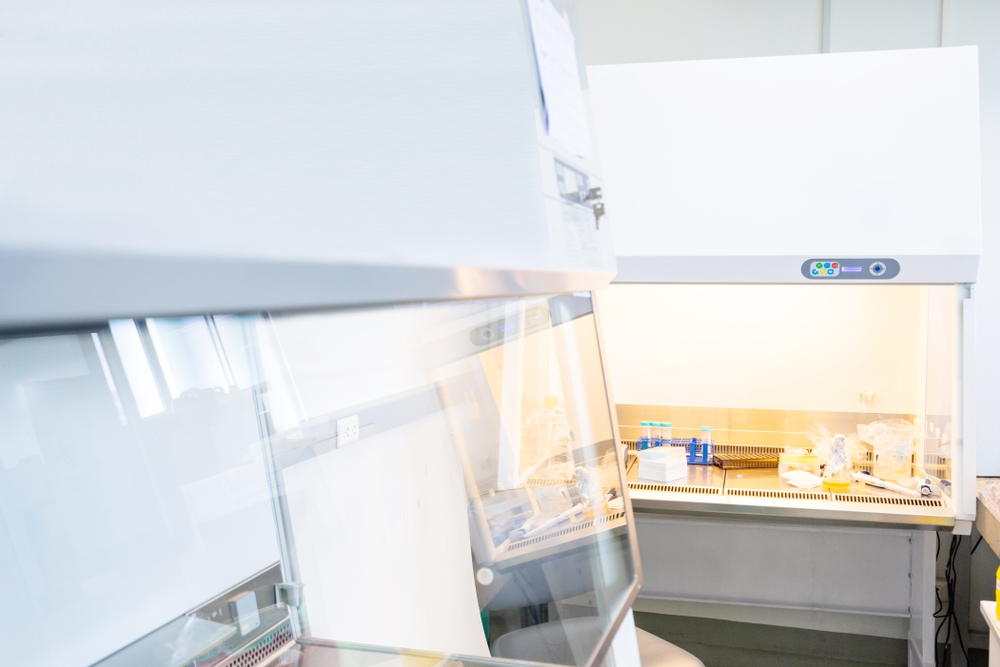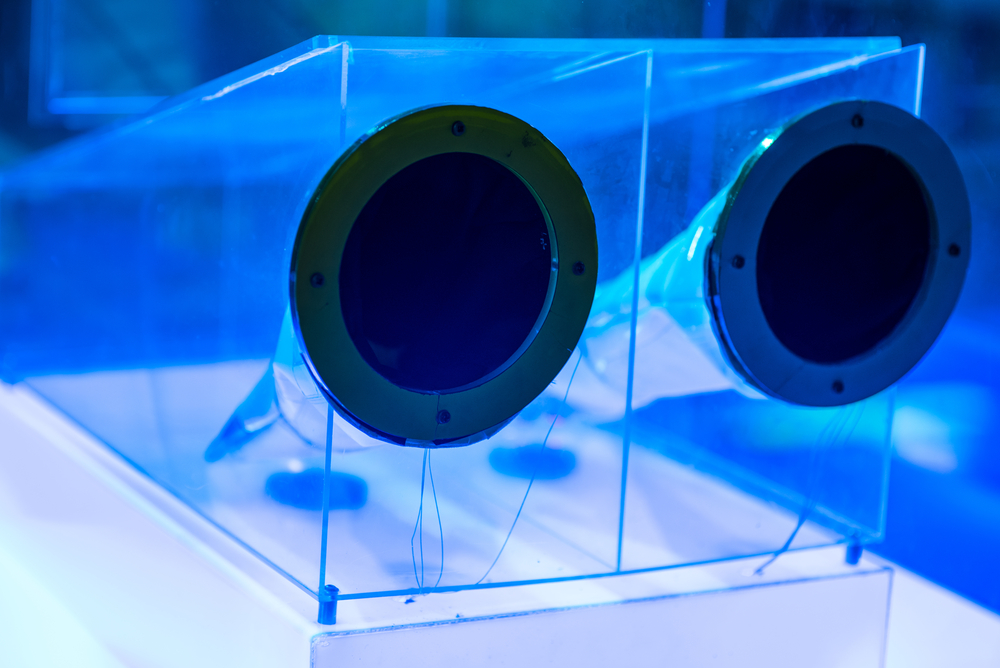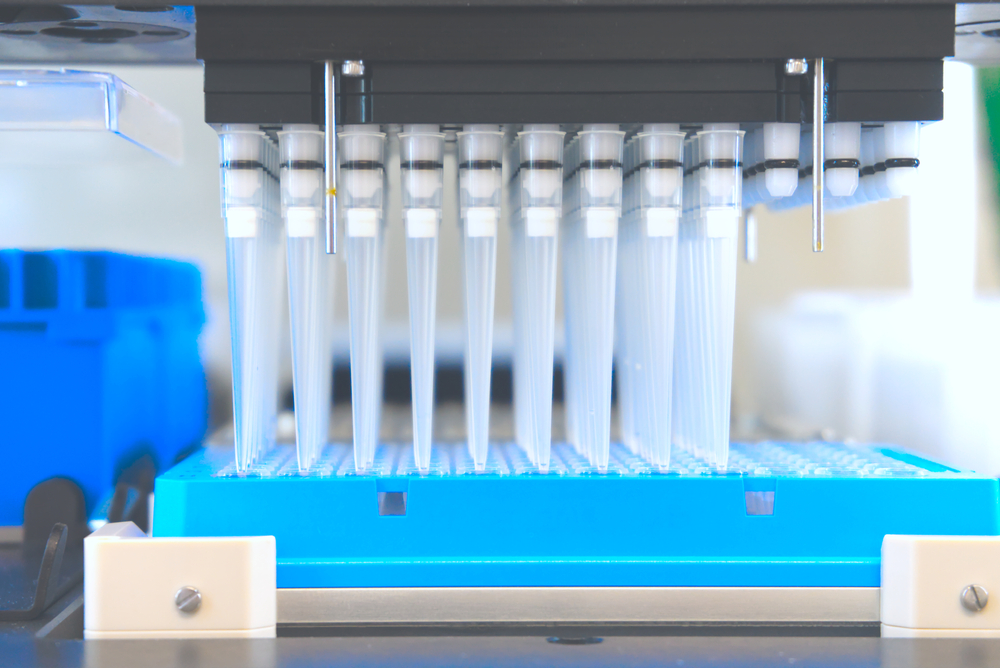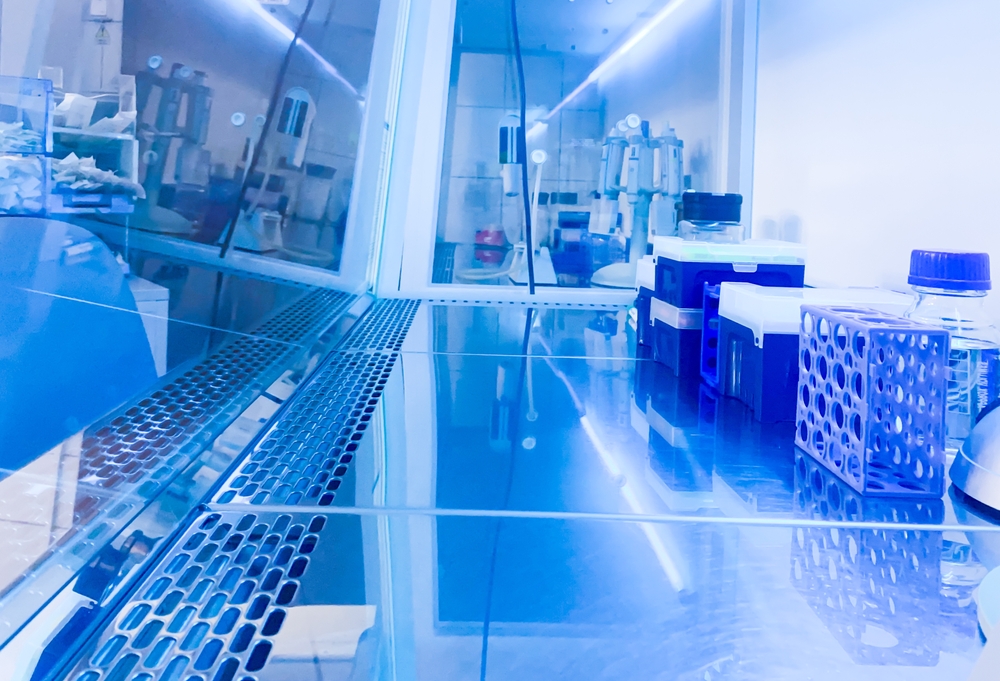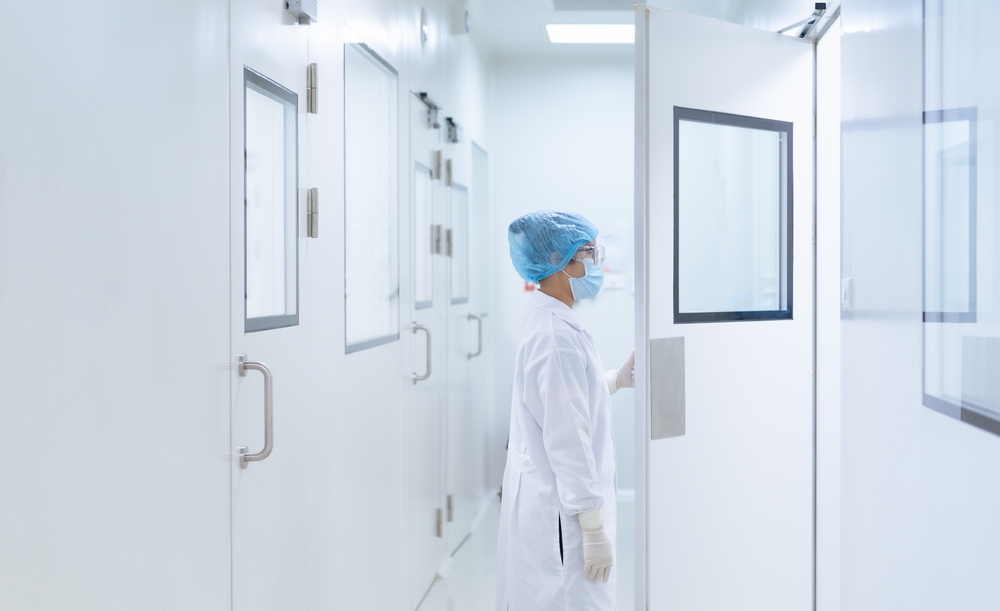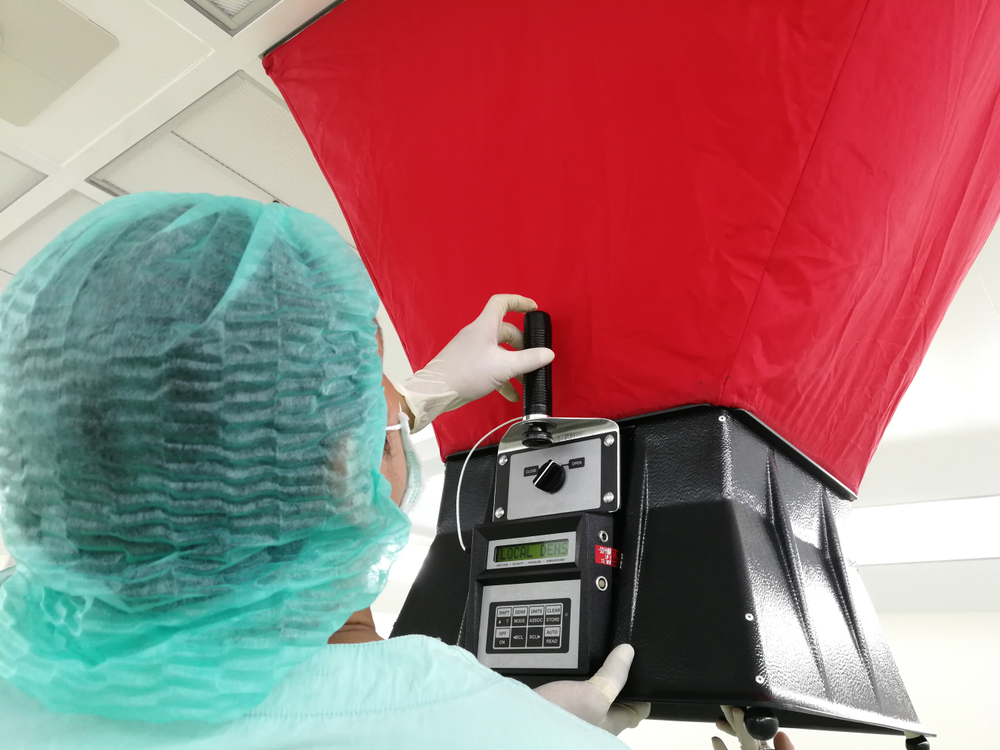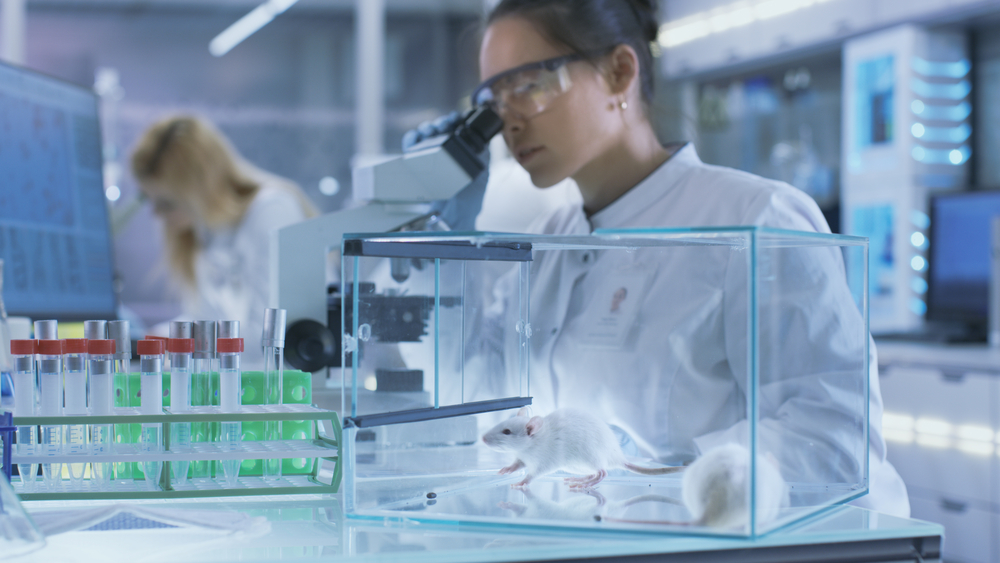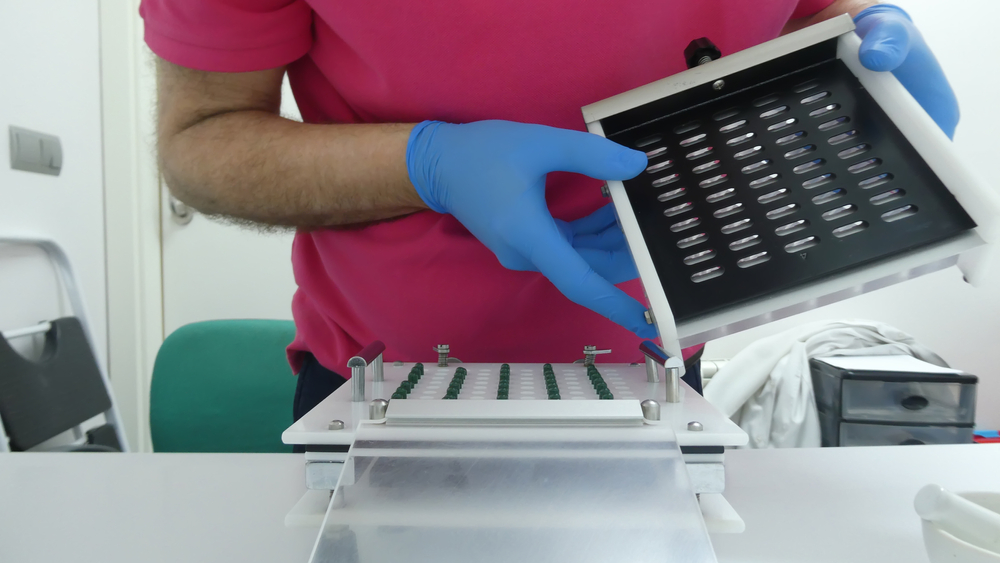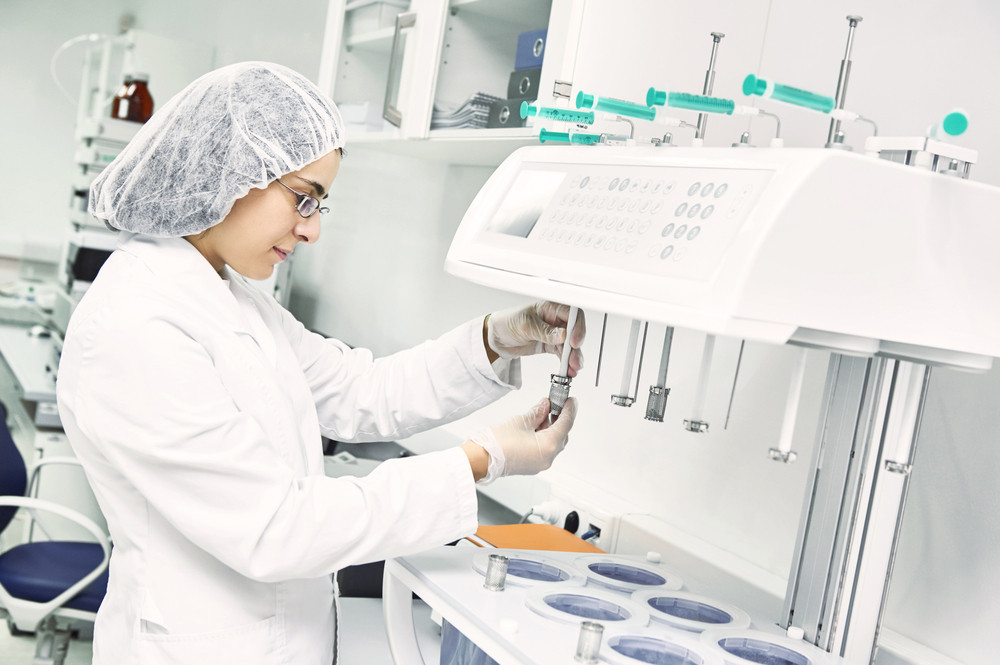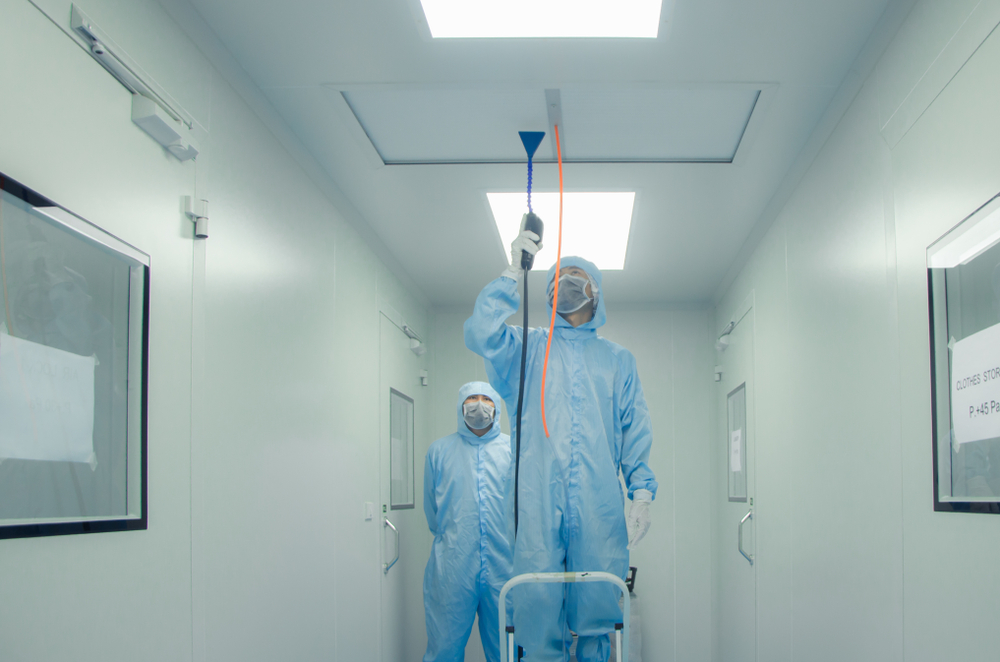
How Fan & Filter Units Promote Lab Safety
At SEPS, lab safety, cleanliness and efficiency are our priority. It doesn’t matter if you need equipment cleaning or contamination prevention. Ultimately, our team maintains a commitment to delivering total safety to every lab we serve. Still, after a year and a half, we must remain vigilant when it comes to COVID-19. Before, during, and … Read more
